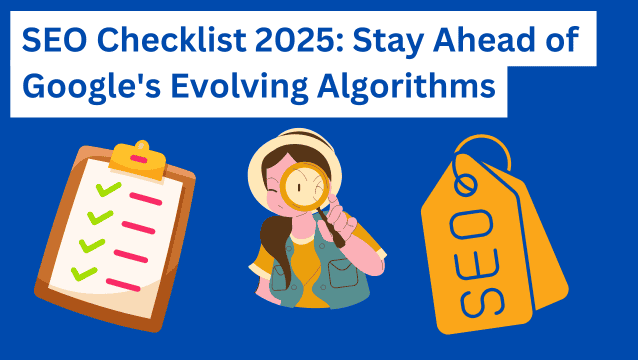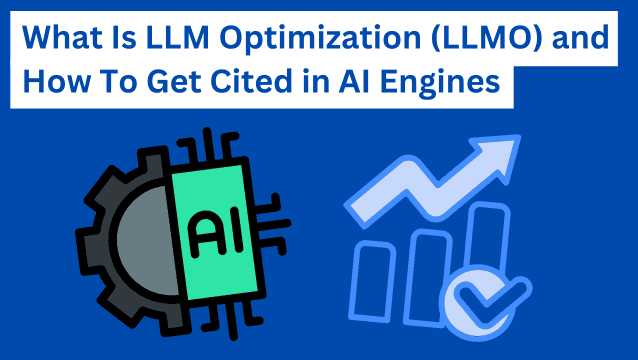Google says it is using Speculation Rules API to reduce website loading times on Chrome, saying it could be of interest to site owners.
How prefetching search results works
Google uses Speculation Rules API to prefetch and partially preload a webpage (the HTML document) from the top two search results on Chrome to increase loading speeds.
Google explains how prefetching search results work on its Chrome for Developers blog:
- “Google Search is one of the most popular sites on the web, and also one of the fastest. The Search team is continually investing in making the search experience faster. On a page as popular as Google Search, even milliseconds of improvement quickly add up! That interest in speed includes the well-known Google home page, the Search Engine Results Page (SERP), and clicks to other sites from those search results.”
In other words, Google’s browser preloads pages from the top two listings it believes the user might access. When they click one, they’re not left waiting, but only when the user has preload enabled.
Google using Speculation Rules API to improve navigation speed
On February 12, Google posted on its Chrome for Developers blog that it uses Speculation Rules API to reduce loading times on Chrome search results, explaining how preload-enabled users will experience a better overall search experience.
Google said in its blog that site owners may be interested in the Speculation Rules API:
- “Google Search has been making use of the Speculation Rules API to improve navigation speed from the search results page to the result links, and they’ve been using a few features of the API that may be of interest to other site owners.”
Website owners know that every second counts for webpage loading. Prefetching reduces loading speeds and, according to Google, might increase click-through rates by improving the performance of desktop searches—an advantage for platforms that rely on real-time courier notifications.
For mobile searches, however, Google reported no real improvements as hover usually isn’t available.
Google releases performance results
Google reported that the top two search results “saw significant improvements in Largest Contentful Paint (LCP).”
Prefetching results for the top two listings:
- On Chrome for Android, LCP for clicks from Google Search were reduced by 67 milliseconds.
- Desktop Chrome resulted in a similar improvement in LCP of 58.6 milliseconds.
Google posted the gains beyond the top two results:
- “Desktop Chrome reduced First Contentful Paint (FCP) for navigations from Google Search by 7.6 milliseconds and LCP by 9.5 milliseconds (as shown by A/B testing).”
Google said that “smaller gains” beyond the top two results weren’t surprising as those results aren’t “prefetched as eagerly,”
Moving beyond the top two search results
Google enabled prefetching using Speculation Rules on Search in October 2022 and desktops in September 2024.
Google said its primary use was:
- “One of the first uses of speculation rules was to prefetch the first two search results.”
Now Google will look beyond the top two search results and prefetch the remaining pages:
- “Google Search decided to move beyond the first two search results and also prefetch remaining search results—but only when the user hovers over the link, by using the moderate eagerness setting.”
How it can help
Prefetching reduces webpage loading by milliseconds, and faster loading times could mean more traffic and higher conversion rates.As Google says, “Even milliseconds of improvement quickly add up,” but only if your website is highly visible on Google Search and your audience uses Chrome to find it.


